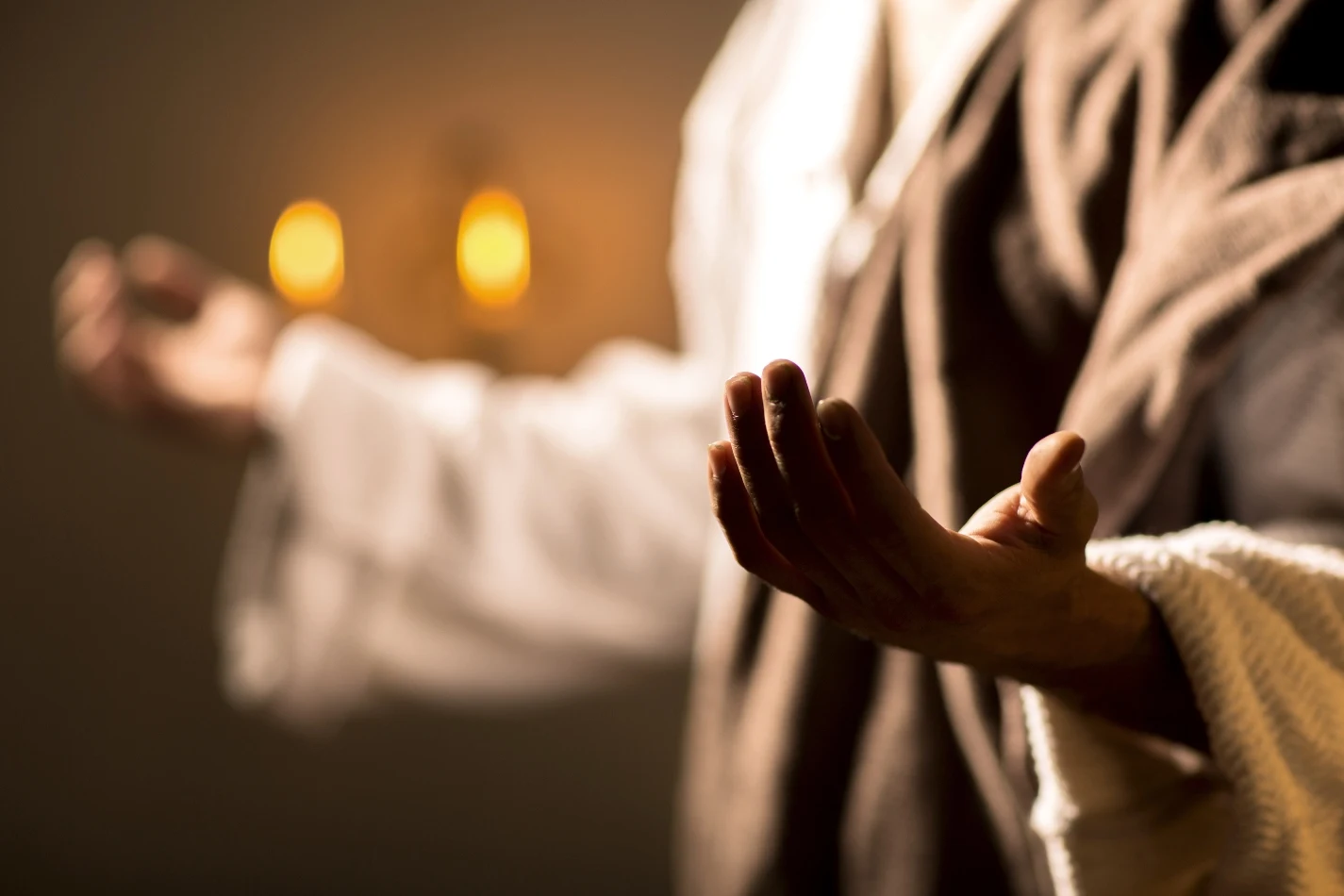The Last Sunday of the Year-A
Dear Friends,
This famous Gospel text is not as simple and straight forward as it seems on the surface.
I do not know of anyone who has turned away more needy, homeless and addicted women and their children than my sister who is a nun. If we take a literal interpretation of the text, she is in bad shape.
In reality, she is a 24/7 servant of the poor as a leader of a rehab center for addicted poor women. Her resources are always played out to the limit. Because the program is so good, she has many more applicants than the space and the program allow. The quality of the treatment often results in the recovering women staying as long as two years. The recovery rate is more than 90%. This is phenomenal.
Today’s profound Gospel lesson is trivialized by those who go into a guilt trip when they pass by a beggar at the corner or gas station.
Here is an example to contextualize the superficiality of reducing today’s text to the individual on the corner. When I go to a hospital or nursing home or a prison to visit an individual, I am often called upon by many others for prayer and counsel. However, no matter how many I minister to, there are innumerable others right in front of me that I do not get to.
After many years of pastoral experience, I understand Jesus’ powerful and challenging words in this way. We need to start with the responsibilities of our own life situation. We need to make reasonable and responsible and loving decisions on who has priority on our time, talent and treasure. We need to pray and ponder the Gospel invitation to open our heart to the demands of love. With faithfulness to our commitment to walk with Jesus, our eyes will be opened to ever broader horizons where we can meet the special presence of Jesus in “the other” in our life with love.
Real love will draw us away from the cheap grace of feeling good about handout that costs us very little and is a minimal inconvenience. The authentic call of Jesus always will be assaulting our convenience and comfort and time. It will always start at home. This is the true meaning of the often distorted phrase, “charity starts at home.” At the same time, we are never finished with love. Love will always be beckoning us to new and demanding horizons.
My good friend St. Teresa of Avila has something good to say on this topic. In the seventh Mansion of her Interior Castle which is the highest point of connection and surrender to God, this is her message. If you are in the depths of prayer and the urgent needs of a sister come into your consciousness, forget the prayer and help her. Teresa says in the end of the mystical journey it is, “Good works, my sisters, good works.”
The main message of today’s Gospel is not to put limits on the demands of love. We always need to be ready to expand our horizons and use our intelligence to see that true love always opens us up not only to mercy and compassion but to the often more costly demands of justice and peace.
This famous Gospel text, so fitting for today’s feast of Chris the King, tells us that we will be judged by one thing: love. We are given a clear picture of the love that is concrete, present and active. This love is realized in deeds that display compassionate service. These deeds draw us to Christ present in the persons of our brothers and sisters.
There is another hidden truth in today’s Gospel reading. It does not tell us we will be judged as Christians or non-Christians. Likewise, being a church member on non-member is not the issue at hand. Jesus tells us today that we will be judged on how we have responded to the needs of the people in our life, especially the poor and marginalized.













.png)















